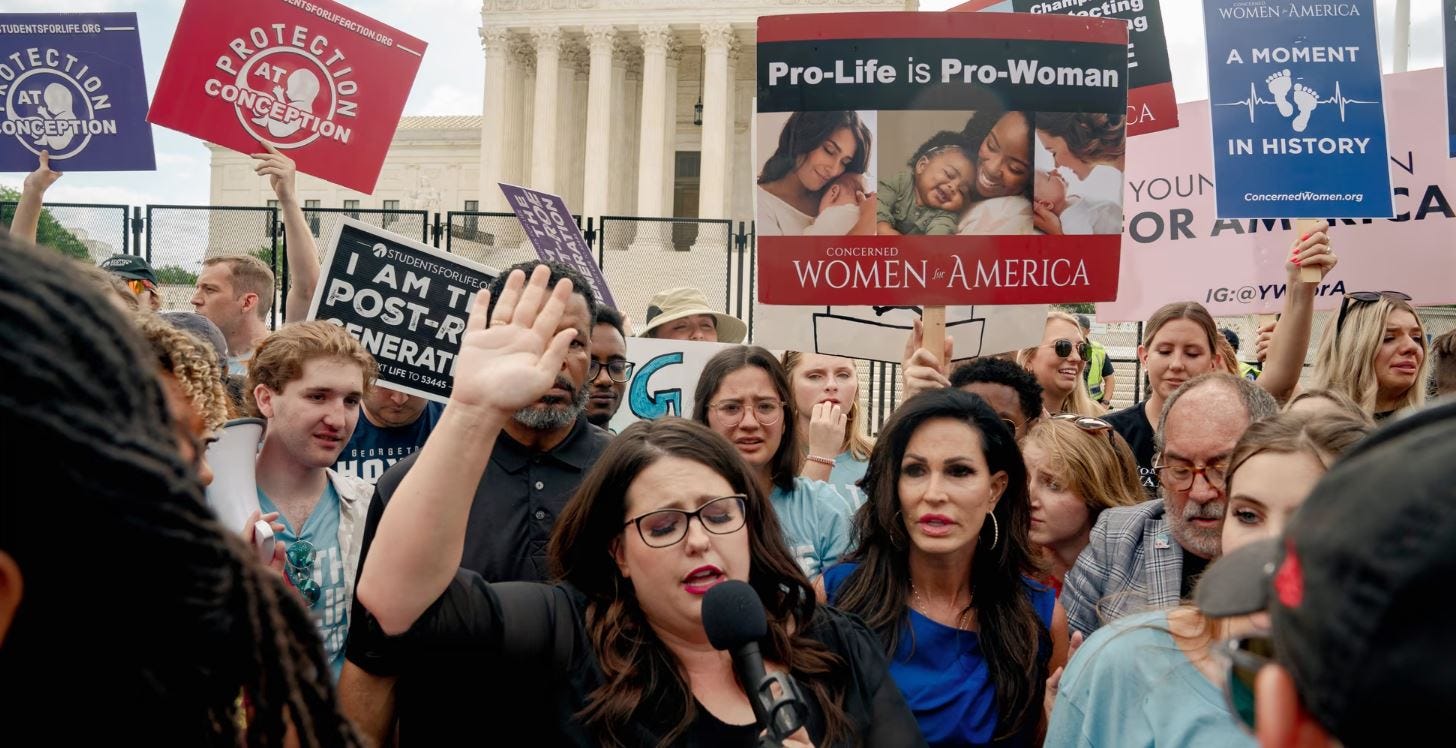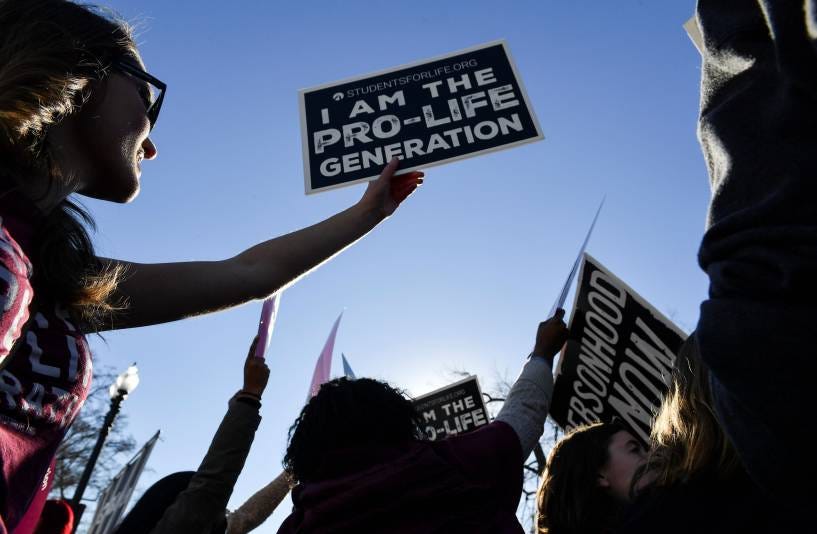Blood on Our Hands
The Inconsistency of the Law with Unborn Life
A Nebraska teenager—only sixteen—was recently sentenced to thirty-five to sixty years in prison for the brutal murder of her newborn child. This story is as heartbreaking as it is infuriating. It rightly horrifies the public. But the moral outcry and legal consequences beg a deeper and more tragic question: why are we willing to punish this crime as murder, while legal frameworks allow for the same outcome under the guise of “reproductive choice”? The Catholic must ask: What kind of society defends a child’s life only after birth while permitting its destruction moments before?
Khloe Copelan Anderson gave birth alone, in secret, and immediately killed her baby with a kitchen knife. The act was gruesome and heartbreaking. But it also exposes the cavernous ethical hypocrisy at the heart of American bioethics and legal policy. If that same child had been killed minutes earlier in a clinical setting under the label of “late-term abortion,” the law would have shielded the act. This is not conjecture. It is documented reality.
Bioethics is not a game of semantics. As Dr. Calum Miller, a medical doctor and ethicist, has rightly pointed out, “The moral status of the child does not change based on geography—whether inside or outside the womb.” And yet our laws act as though the womb is a magic veil behind which human life has no rights. Legal scholar Erika Bachiochi similarly argues that American law reflects a “deep inconsistency” in how it treats the ending of a child’s life, hinging solely on the circumstances and context rather than the moral status of the child involved.
This case brings the inconsistency into sharp relief. Had Khloe Anderson been at a Planned Parenthood instead of her bedroom, had a physician performed the procedure minutes before birth instead of the girl doing it minutes after, the law would not only have allowed it, but likely celebrated it as the exercise of female autonomy. Where is the justice in that?
In fact, federal law acknowledges the unborn child’s status under certain circumstances. The Unborn Victims of Violence Act of 2004 explicitly recognizes a child in utero as a legal victim if harmed during a federal crime. The law defines this victim as “a member of the species Homo sapiens, at any stage of development, who is carried in the womb.” The irony is breathtaking. A criminal who kills a pregnant woman can be charged with double homicide. But a medical provider who kills the same fetus under the term “abortion” is immune from prosecution.
This is not philosophy. This is not theological speculation. This is reality. And it is killing us—morally, legally, and spiritually.
Some object and claim that late-term abortion is rare, reserved only for extreme medical cases. But this too is factually untrue. States like Alaska, Colorado, New Mexico, New Jersey, Vermont, Oregon, and the District of Columbia impose no gestational restrictions. Investigative phone calls to abortion clinics, as performed by activists like Students for Life’s Kristan Hawkins, confirm that abortions can and do occur even at thirty-two or thirty-four weeks—with no medical necessity, no threat to the mother’s life, and no constitutional justification.
Let us be blunt. Late-term abortion is happening in America. It is legal in many jurisdictions. And if it is permissible in a clinic, but criminal in a bedroom, then our laws are built on geography and convenience—not truth and justice.
This brings us back to Catholic teaching. Pope St. John Paul II, in Evangelium Vitae, warns us in no uncertain terms: “The distinction sometimes made between abortion and infanticide is strictly artificial. It is not based on any difference in the nature of the being involved, but on differences in age and location.”[1] That is exactly the tragedy we are witnessing.
The Catechism of the Catholic Church echoes this with unwavering clarity: “Human life must be respected and protected absolutely from the moment of conception.”[2] The Church does not change its moral theology based on social pressure or legal norms. Life is life. The child is a human being from the moment of conception. And the killing of that life—inside or outside the womb—is a grave moral evil.
This is not just a Catholic issue. It is a human issue. Virtually every legitimate biological institution in the world agrees: life begins at conception. We are not debating metaphysics; we are debating whether we are willing to protect our fellow human beings.
The Catholic is called to be the voice for the voiceless. The most vulnerable members of society—unborn children—are slaughtered daily, and most of us go on living as if this is normal. It is not normal. It is not moral. And it will not go unjudged.
We must raise the alarm: we are living in a nation where a teenager’s horrific crime rightly leads to prosecution—but the same act is sanitized and institutionalized in abortion clinics across the country. This is not the rule of law. This is the tyranny of legal fiction.
As faithful Catholics, we must demand consistency in our moral reasoning and our legal structures. Either the unborn are human or they are not. If they are—as both science and the Magisterium affirm—then they deserve the same legal protection as any other human being.
The blood of these innocents cries out to heaven for justice. If we fail to respond, then their blood is on our hands.
[1] Pope John Paul II, Evangelium Vitae, no. 13.
[2] Catechism of the Catholic Church, no. 2270.





